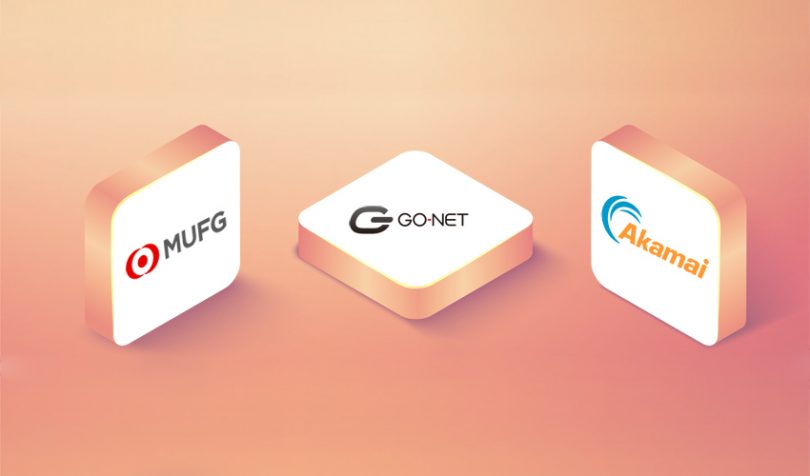Today GO-NET (Global Open Network), the high-speed payment network that uses blockchain, launched its first service to connect payment service providers. GO-NET was first announced in early 2019 and was set up as a joint venture between Japan’s MUFG (80%) and technology partner Akamai. It’s positioning itself as a domestic payment backbone similar to the big card networks, although it’s collaborating with both Visa and Mastercard.
One of GO-NET’s key benefits is its low cost. MUFG found that merchant acquirer fees are a significant cost, especially for small transactions where the fees are sometimes uneconomic. Hence, GO-NET is well suited for smaller payments, such as using card payments at vending machines and loyalty points, with an eye on IoT payments in the future.
Hitachi is a partner on the IoT front and is exploring incorporating GO-NET in its IoT platform Lumada. The GO-NET solution claims to be capable of 100,000 transactions per second.
Last December, the payments system was connected to Seiko Solutions’ payment processing center and started to provide services to the Mitsubishi UFJ NICOS card company, the first customer at launch. The payment network is a messaging service that complies with the IOS 8583 message standard used by Visa, Mastercard, and ATMs.
Today’s launch is for payment center connectivity for financial messaging. Additional services are planned this year, including the ability to send pass-through payments data. Other expected services include providing balance and related data and plans for a Blockchain as a Service offering.
“Cashless payment needs for low-price, high transaction frequency markets like vending machines are rising,” said Stephen Adams, Head of Business Strategy & Planning, Visa Worldwide (Japan). “Through our partnership with Global Open Network Japan, Inc., we will continue to endeavor our goal to create an environment to enable payment anywhere, anytime.”
In the meantime, the Bank of Japan has started to seriously explore a central bank digital currency (CBDC).






